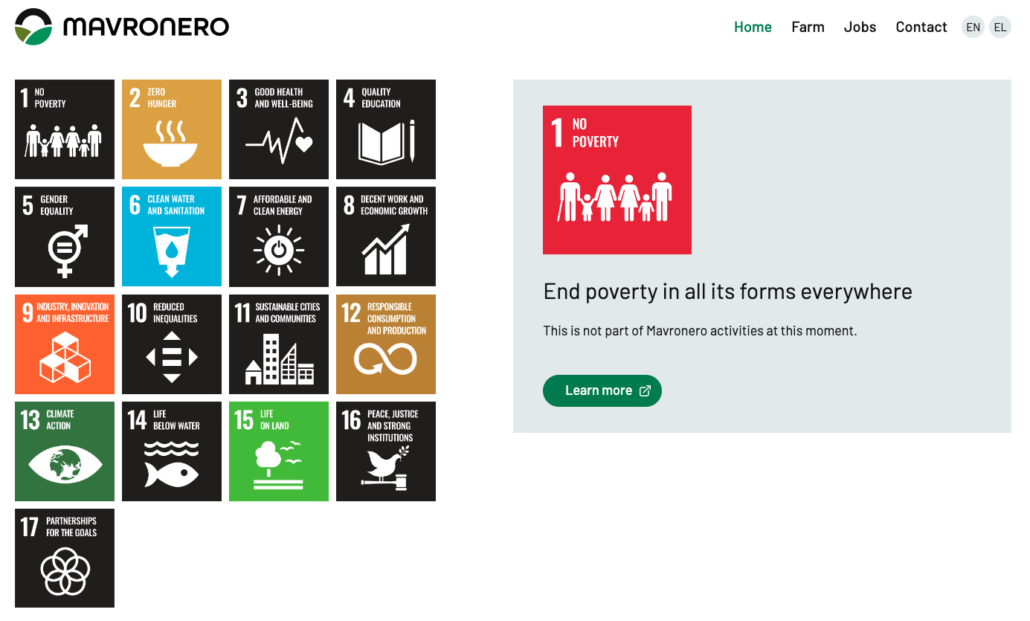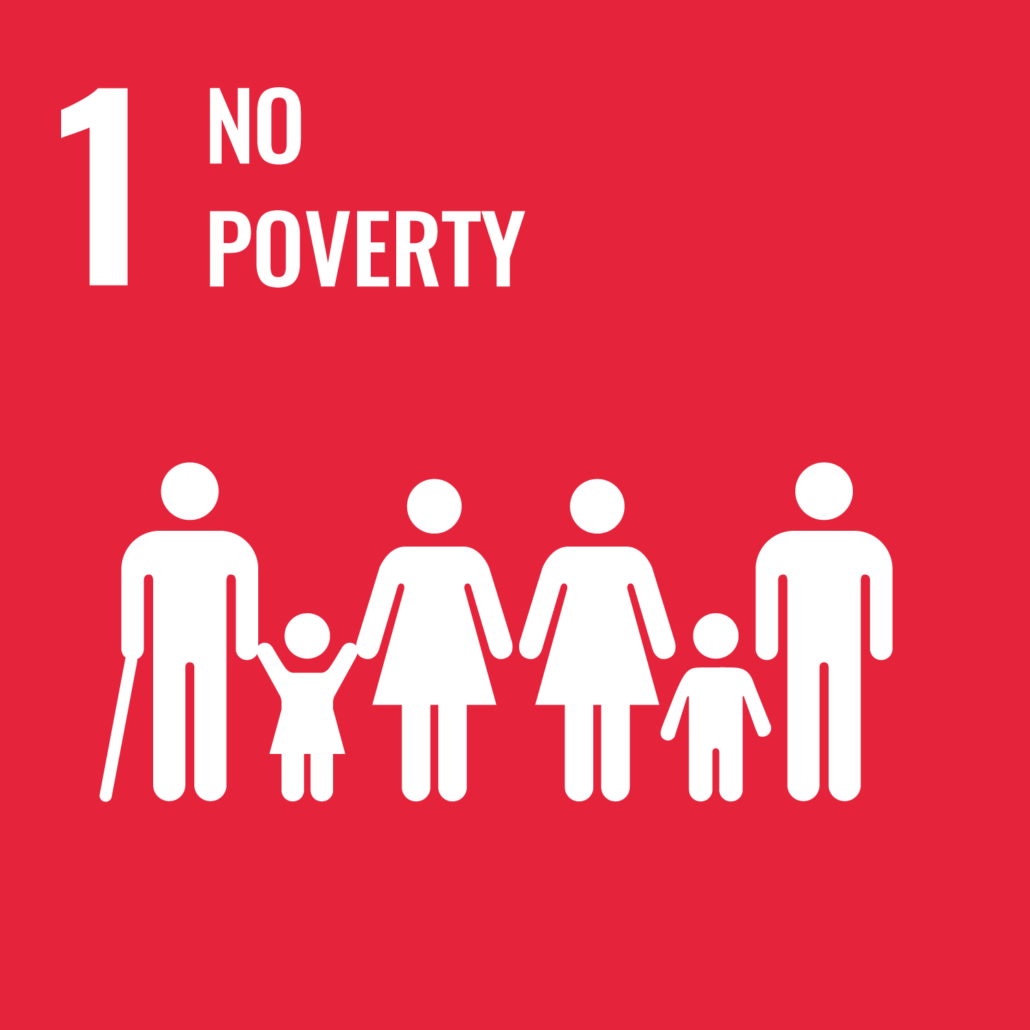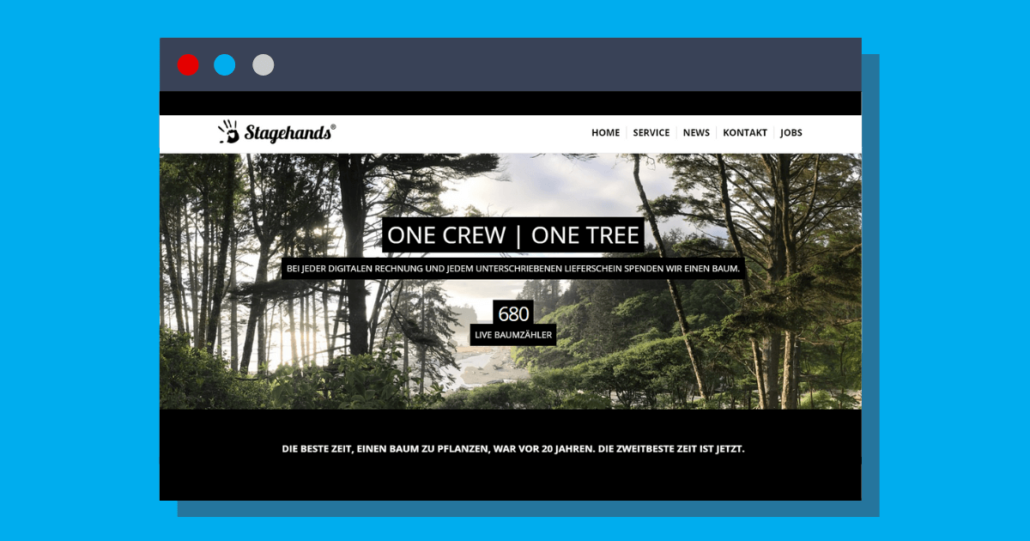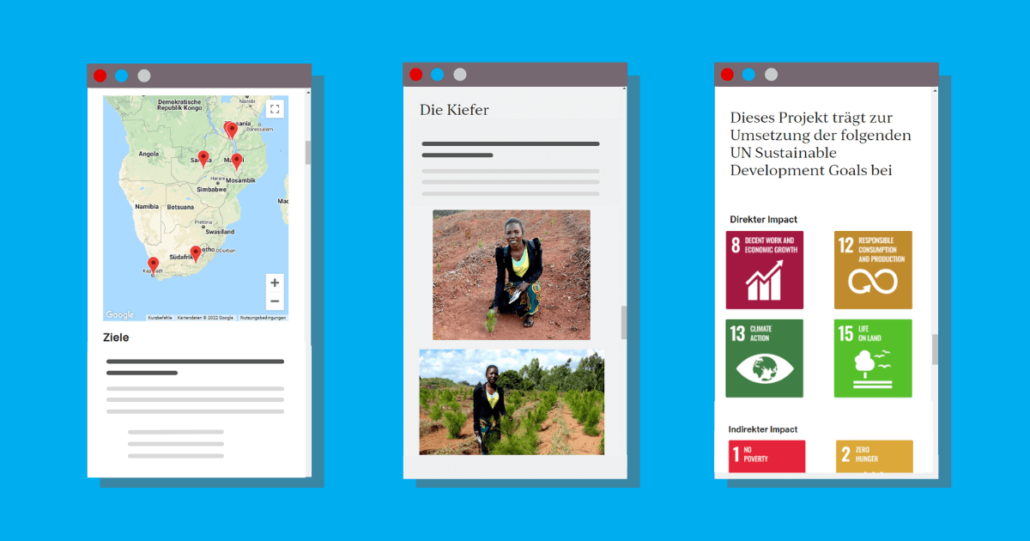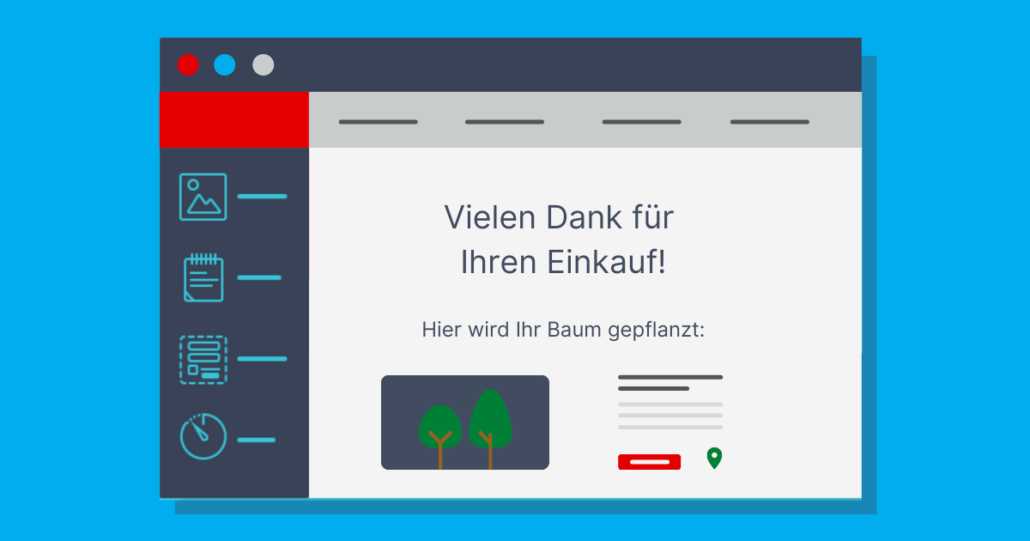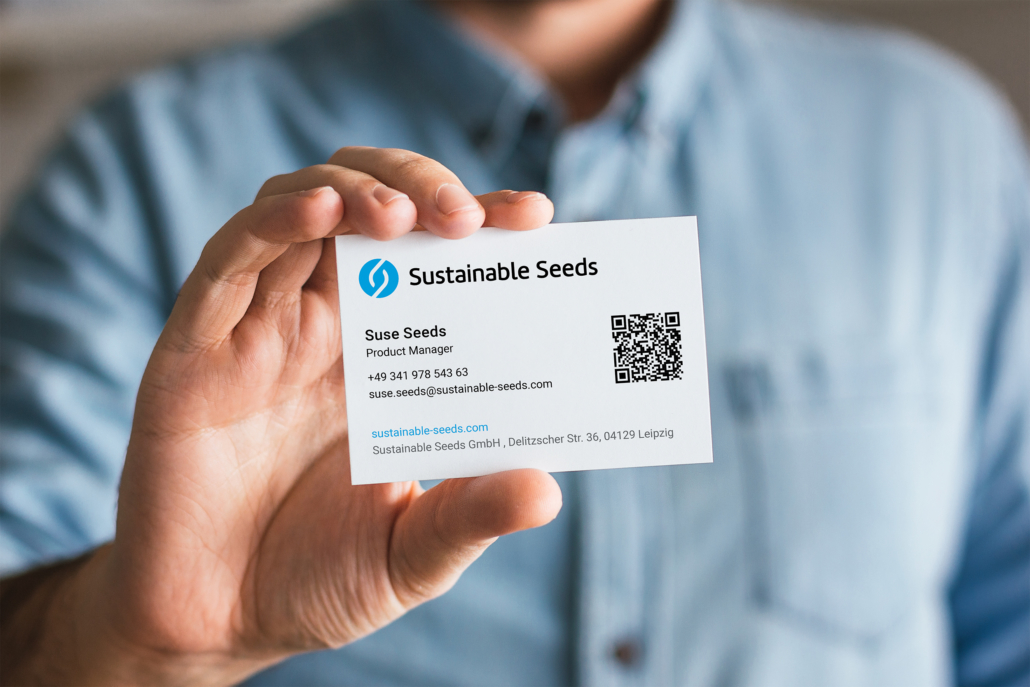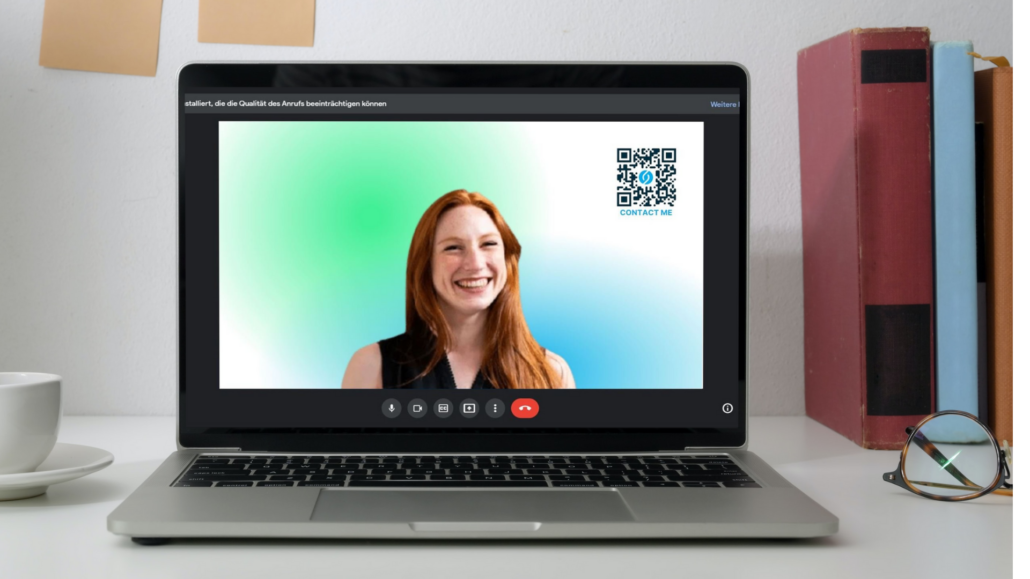In this blog post we’ll talk about the journey of scaling up a kindergarten by implementing Seeds.Tools and creating a website from scratch.
Setting up website & social media
Setting up a kindergarten website is about creating an engaging, welcoming online environment that ranks high on Google, and leads to active social media channels, catering to parents, grandparents, caregivers, and children with quick access to essential information.
We chose WordPress for its flexibility, using bright colors, child-friendly fonts, and high-quality images to attract visitors. SEO optimization involved thorough keyword research, relevant keywords, meta descriptions, and structured data markup to enhance Google rankings.
Content guidelines for social media were developed to ensure engaging and valuable posts, maintaining corporate design despite changing personnel.

Public and personal Mailbox
By implementing our Mailbox Tool we were able to change how the kindergarten manages communication. With the use of shared mailboxes with individual logins we were able to simplify processing, ensuring transparency and clear task allocation.
Each email can now be assigned to specific team members, tracked via an activity log, and supplemented with notes and to-dos for clarity and reminders.
Performance KPIs, such as response rates and times, are monitored for continuous improvement. The tool also facilitates efficient campaigning through newsletters and mail merges, and offers team-wide access to email templates, significantly scaling up our kindergarten’s communication and operational efficiency.

Accounting
The accounting tool has organized billing, receipts, accounting, and payroll processes for the kindergarten.
Invoices are efficiently managed with an automated claim management system featuring a five-stage warning process and recurring invoices generated by robots.
Receipts benefit from direct SEPA file exports compatible with third-party banking software, enabling smooth integration into our accounting system with individualized bank account assignments. The tool supports three account types—creditor, debtor, and impersonal accounts—and integrates banking functionalities for automated bank statement processing and creditor/debitor matching.

Vacancies
Our vacancies tool has simplified the recruitment process for the kindergarten, offering efficient management of job postings and applications.
The tool supports the entire vacancy lifecycle, from design and release to deactivation, and manages application statuses such as received, ongoing, offering, hired, rejection, and refusal.
A web plugin ensures seamless synchronization of vacancies with WordPress pages, while import/export capabilities allow integration with platforms like JOIN or Indeed. This comprehensive solution has made it easier to manage and track applications, ensuring that the kindergarten is able to attract and hire the candidates efficiently.
Do you have any questions about the product or need a customised quote? Contact us now!



